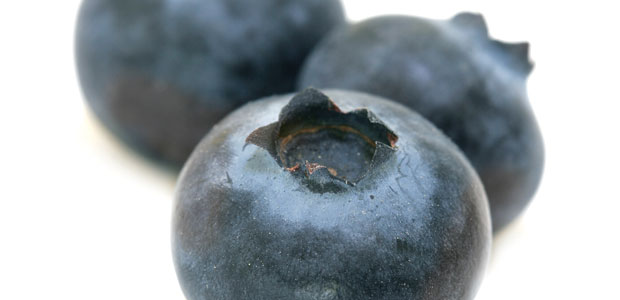Advertisement
Staying Smart 5
Emerging studies suggest that we can boost our brain power by eating a diet rich in complex carbohydrates from whole grains, fruits, and vegetables. Add curries and green tea, along with omega-3 sources such as oily fish, seafood, nuts, and seeds, and you have the diet of choice for brain health. 1. Complex carbs The … Continued

Emerging studies suggest that we can boost our brain power by eating a diet rich in complex carbohydrates from whole grains, fruits, and vegetables. Add curries and green tea, along with omega-3 sources such as oily fish, seafood, nuts, and seeds, and you have the diet of choice for brain health.
1. Complex carbs
The Family Heart Study, a large cohort study conducted in 1992 among 233 families in Portland, Oregon, showed us that complex carbohydrates found in whole grains allow the brain to work efficiently by providing a steady stream of fuel. Complex carbs are also rich in zinc, selenium, and folate, nutrients that help modify mood and metabolize critically important omega-3 fatty acids.
2. Fish and seafood
Omega-3-rich fish and seafood are traditionally known as the ultimate brain food. New research shows that the reputation is well deserved. As highlighted in the April 2006 issue of the International Review of Psychiatry, populations that eat the greatest amounts of seafood and oily fish such as sardines, herring, mackerel, trout, and salmon have better mood scores and a decreased risk of cognitive decline with Alzheimer’s disease.
Supplementation with fish oils may improve aspects of memory and reduce depressive and anxious thoughts in healthy, middle-aged adults, reported the European Journal of Clinical Investigation in 2005.
Pregnant mothers who supplement with eicosapentaenoic and docosahexaenoic acids (EPA and DHA)–the essential fatty acids found in fish oil–had babies with improved IQ test results, reported the journal Pediatrics in 2003. EPA and DHA supplementation has also been shown to improve symptoms of attention deficit and hyperactivity in children.
3. Brain-boosting berries
Other emerging candidates as brain food include berries with deep red-purple pigments called anthocyanins. Blueberries became known as brain food in 1999 when researchers showed that blueberry extract could reverse age-related declines in cognitive functioning among animals–when blueberry was added to food fed to lab animals, older animals regained aspects of memory and balance previously lost through aging.
It is unrealistic to think that blue-berries can make such reversals in the complex, aged human brain. However, many studies have since documented that blueberries and other deeply pigmented fruits such as black currants can protect brain cells against free-radical damage, decrease inflammation, and improve communication between nerve cells.
4. Curry for cognition
Turmeric gives curry its deep yellow colour, and it has also been shown to be protective of brain cells. Turmeric contains curcumin, a powerful antioxidant and anti-inflammatory phytochemical that experimental studies have shown prevents mental decline with aging. Indeed, a study published in the American Journal of Epidemiology in 2006 showed that, among more than 1,000 healthy Asian adults aged 60 to 93, even occasional consumption of curry was associated with higher scores of cognitive functioning.
5. Green tea daily
Green tea may be the most beneficial brain beverage, as many experimental studies show that it protects against mental decline and can enhance learning. In a study published in the American Journal of Clinical Nutrition in 2006, more than 1,000 older Japanese adults described dietary habits and were subsequently subjected to cognitive testing. Even those who reported drinking just one cup of green tea daily lowered risk of cognitive decline by 38 percent, while those who drank two or more cups per day lowered their risk by an incredible 54 percent, even when other healthy habits were controlled.
For ultimate brain function, tomorrow’s menu should include whole-grain cereal with blueberries for breakfast; steamed vegetables, sushi, and green tea for lunch; and a zesty fish curry for dinner.





